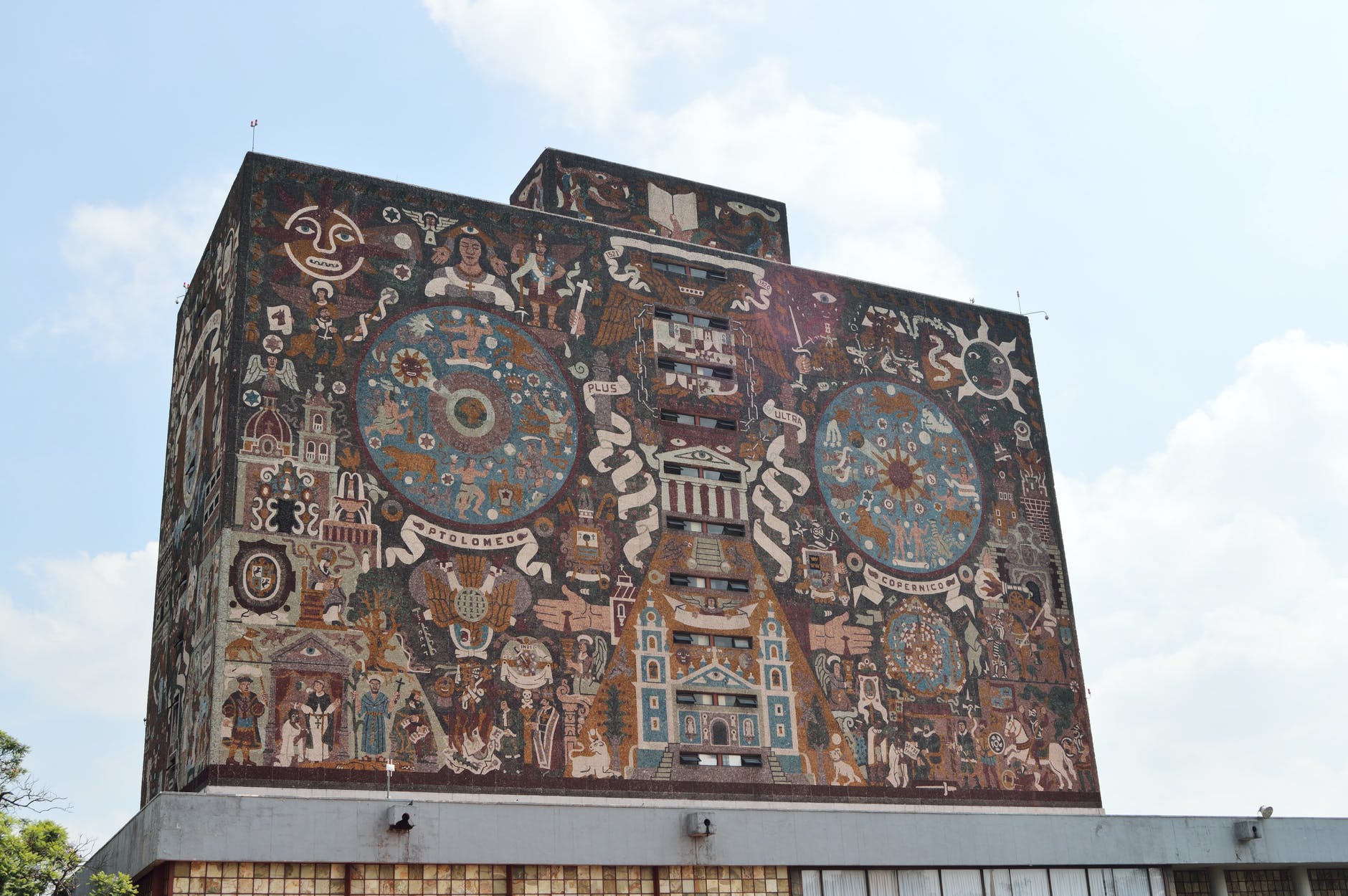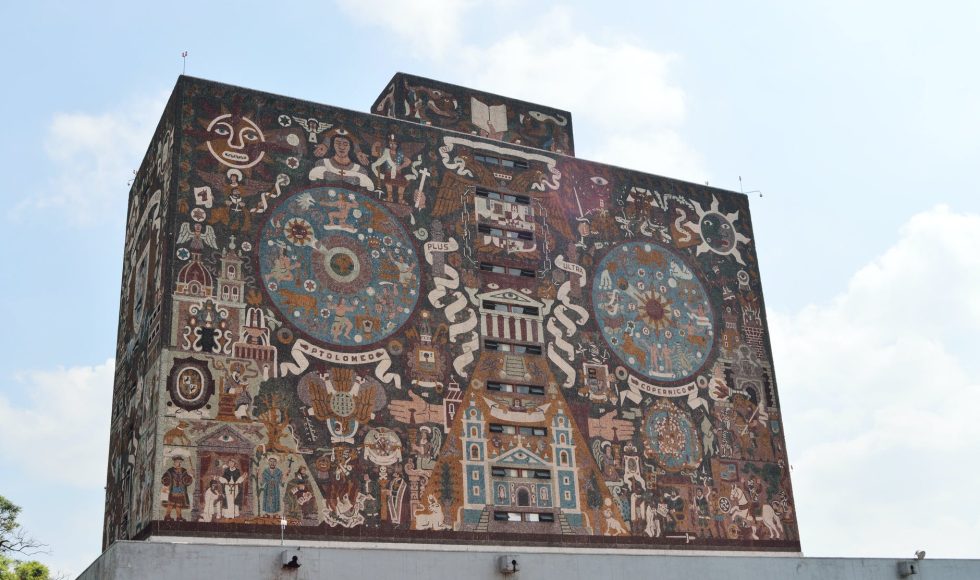Another OERxDomains21 session that caught my attention is entitled “Links between Open Education and DEI – Findings from a Latin American Study” presented by Carina Bossu and Viviane Vladimirschi. This project was funded by the Open University an Hewlett Foundation. They interviewed 12 key stakeholders from Latin America, coded and analyzed the data using NVivo, offered an online workshop with experts in OER to validate and gather additional data, and then disseminated the results through presentations, blog posts, and publications. They also mentioned they were going to translate the findings to Spanish and Portuguese. The presenters acknowledge the countries were very different and deal with education in various ways. With the pandemic, Open Educational (OE) resources were shared and developed. However, there was a lack of copyright knowledge, capacity building, awareness of OE, and familiarity with practices. The presenters indicated that there is a need to showcase resources more effectively. Participants were asked to define “DEI in Latin American” and an informative slide was displayed. For diversity, participants mentioned multidisciplinary, variety of experiences, language (interesting!), for example. With the data, they created a DEI definition. Very few participants mentioned being aware of the GO-GN network. I didn’t know about it! Also, resources participants knew about were mostly in English. Vladimirschi mentioned that there is a lot of research going on in Latin American and disseminated in Spanish that is not being widely disseminated. Vladimirschi also acknowledged the political stance often associated with DEI in Latin America and the need to increase collaboration, capacity (local mentors, for example), translation, and to provide small research grants to students from the Global South. This session combines two of my interests, open education and Latin American science, with the need to improve open resources and DEI! I love it and hope to do more of this collaborative work in the future. I am also interested in the recommendations the presenters are developing from this study. During the questions and answers session, the presenters mentioned translating strategies and funding to increase access. A good friend of mine is a “live translator,” and I wonder if we could do this for seminars… I wonder if I could do this! Translating was mentioned very often, and the presenters called for “champions of open education” with Latin America.
A second related short session is entitled “Domains of Open Educational Resources (OER) in the Spanish Universities” presented by Gema Santos Hermosa, Eva Estupinyà, Brigit Nonó-Rius, Lidón París-Folch and Jordi Prats-Prat. I thought this session had some similarities to the previous one. The objective of this study was to analyze the current situation of OER in the Spanish university context. The researchers focused on the open platforms, practices, policies, and repositories available. In 2019, they distributed an online survey to 76 institutions with a 70% response rate. They then did a content analysis and then shared results. Interestingly, Santos Hermosa mentioned that internal repositories are becoming more common. Another interesting comment was that Spanish universities have open access policies yet these focus mostly on research studies. A timeline showed a continuous increase of institutional repositories. Nevertheless, Santos Hermosa mentioned there is a need to increase dissemination efforts. When looking at OER typologies in Spanish universities, there is a “prominence of audiovisual content” and a “balance between practical and theoretical OER.” The metadata schema used to describe OER was mentioned as not the most appropriate. The most used format mentioned was .pdf followed by .mp4 and .mp3. They found a widespread use of open CC licenses. The presentation ended with a proposal for the reclassification of OERs. Some conclusions of the study highlighted the heterogenous type and limited openness of educational resources in Spanish universities. The teaching collections in the repositories were created initially in 2008 and continue to grow, yet the degree of openness varies. Among the recommendations provided, they suggested including OER in teaching evaluations (merit value was mentioned), to create open OER by providing guides and information about licenses. They ended with a Padlet to share resources and several questions about incentives for openness, metadata priorities, and strategies for OERs in Spanish universities. I really enjoyed these two sessions and how they motivated me to continue working on openness and collaborations with Spanish-speaking countries! I want the Delftia Project and others to have Spanish versions!



